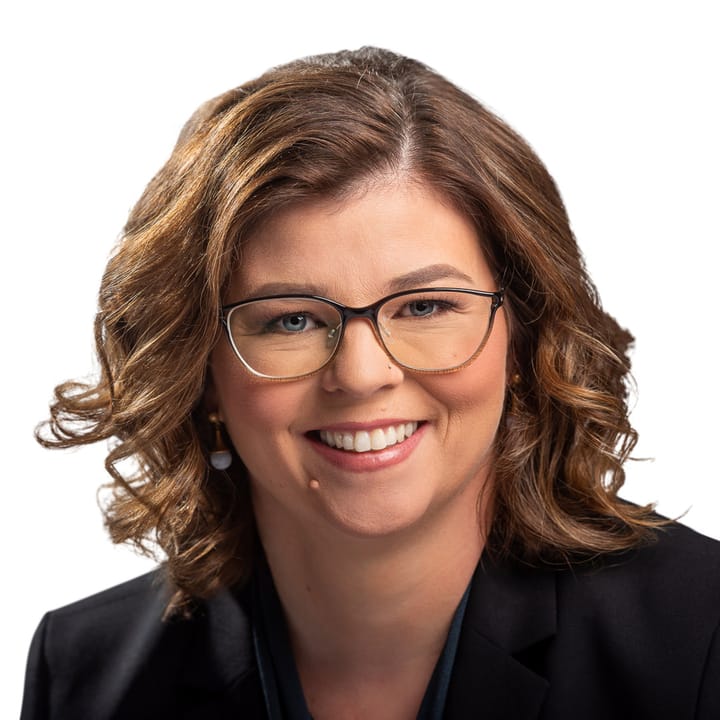Ask the awkward questions
Chris Tymchuck discusses the importans of thorough (and sometimes awkward) questions

A version of this story first appeared in the Raise the Bar newsletter. To get it in your inbox, sign up for free by clicking here.
By Emily Kelchen | for Raise the Bar
Attorneys are often advised that they should never ask a question they don’t already know the answer to. Chris Tymchuck, the founder of Unique Estate Law in Minneapolis, thinks it’s time to throw that advice out the window. Chris says asking awkward questions is a necessary part of the estate planning process when you are serving the LGBT+ community.
What inspired you to focus your practice on LGBT estate planning?
As a member of the LGBT community, I understand the importance of working with someone who is knowledgeable in the unique issues we face.
For example, in Minnesota, there are extra steps same-sex parents need to take to ensure the “non-birth parent” is considered the legal parent of the couple’s children. Even if the couple is married and both spouses' names are on the birth certificate, the non-birth parent must obtain a court order stating she is the legal parent.
I had numerous clients come to me stating their prior attorney told them a court order was not necessary to prove legal parentage over a child born to their same-sex spouse. They believed the attorney and never filed to get an adoption or parentage order. This could be catastrophic if the birth mother dies and someone else challenges the non-birth parent’s status as the legal parent of that child!
That’s wild! I would never consider looking beyond the birth certificate.
Most attorneys don’t. But when you are working with LGBT clients you can’t assume anything. Do not assume that those listed as “children” on the intake form are the legal children unless you have seen a court order. Do not assume someone is married—or unmarried. Do not assume pronouns or the gender of anyone involved. It’s better to ask an awkward question now than have a plan that backfires later.
Are there any other common misconceptions about estate planning for LGBT individuals or couples?
Before same-sex marriage was legalized, too many said, “You can get all the same rights as married couples using estate planning.” That was simply not true. We cannot draft around things like tax breaks granted to married couples.
Now that same-sex couples can get married, I have had LGBT individuals tell me they do not need an estate plan because marriage solves it all. This is also untrue.
Legal status and legal planning are not interchangeable. Relying on either alone can leave serious gaps.
Are there any practical steps an estate planning attorney could take tomorrow to make their practice more inclusive?
Because my practice has always been enmeshed in the LGBT community, my forms have always included such language as “partner/spouse” and they avoid pronouns where possible. If you need to use pronouns, ask which ones your clients prefer.
Actually, just get comfortable asking questions in general. You can’t help a client protect themselves or their family if you don’t understand who they are and what the legal gaps they face might be.
Thank you for reading Raise The Bar.
Would you like to participate in a Q&A? Send an email raisethebar@mynewsletter.co
Raise the Bar is curated and written by Emily Kelchen and edited by Bianca Prieto.




Comments ()